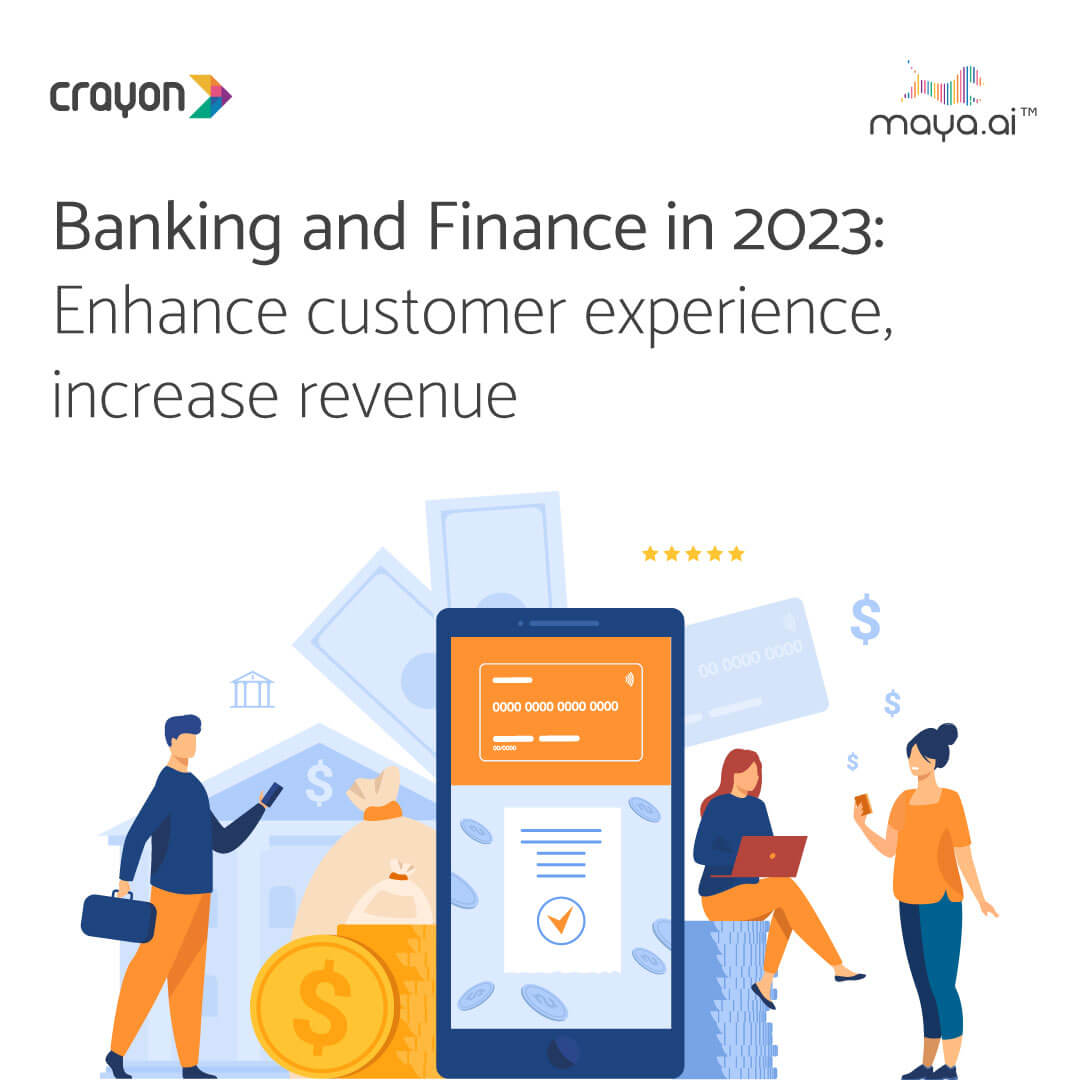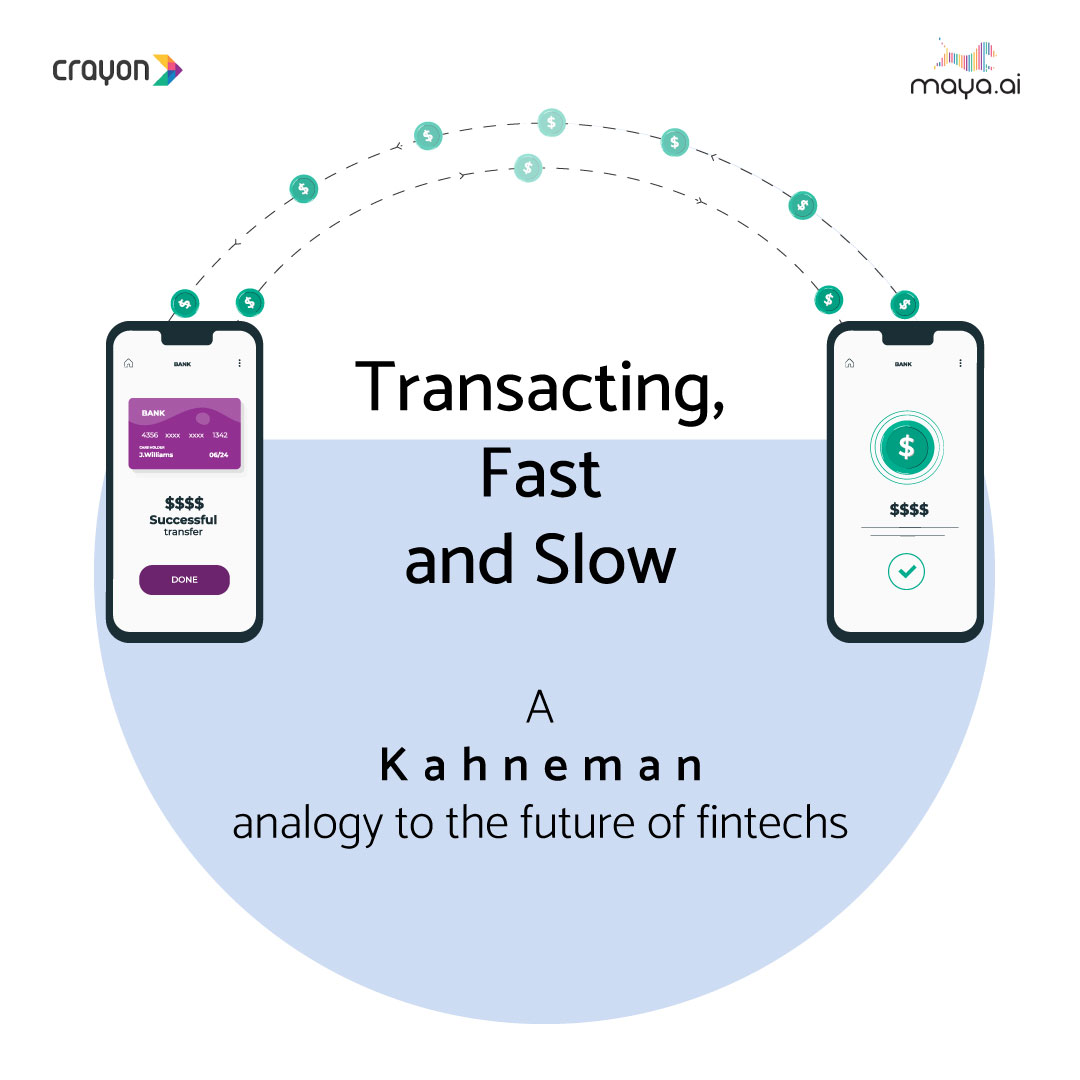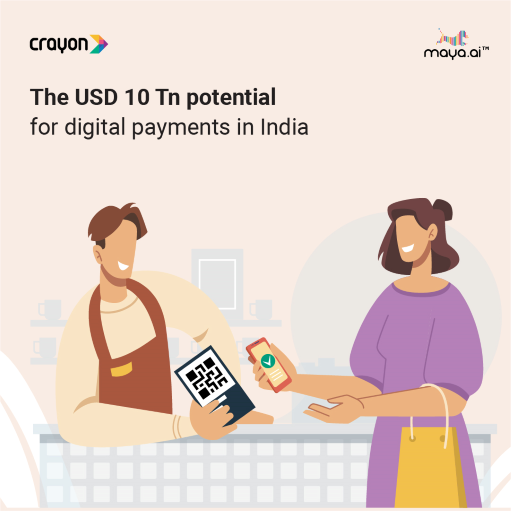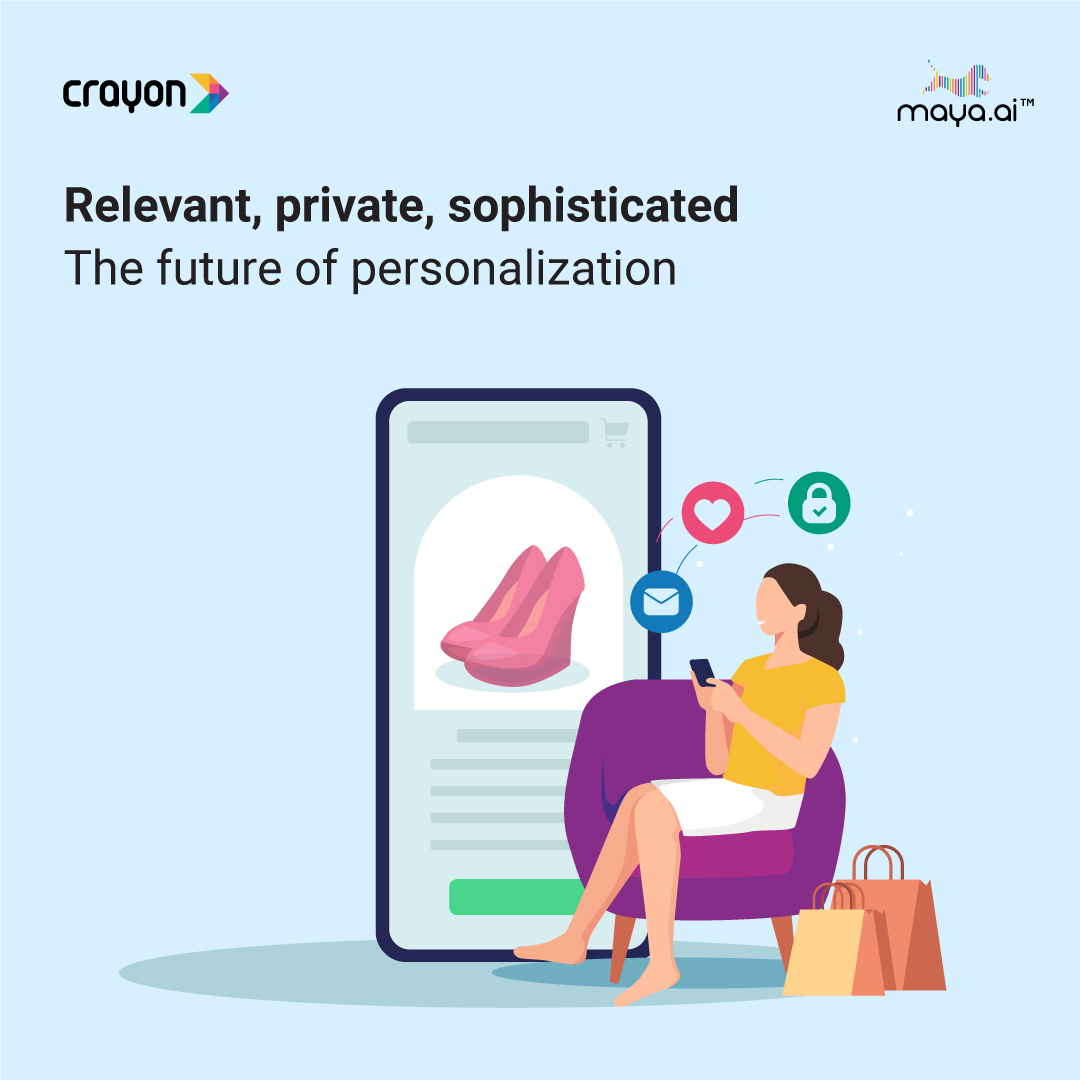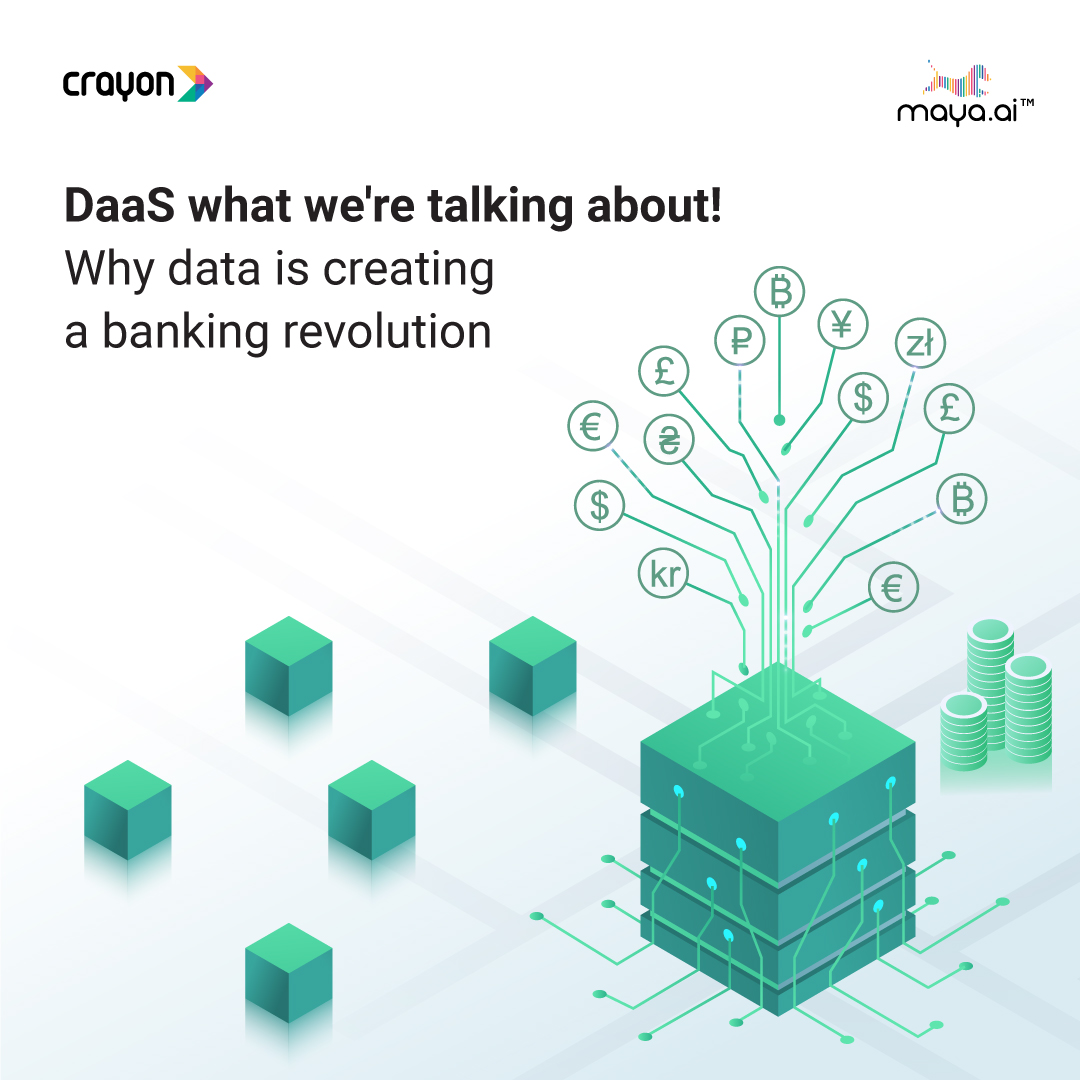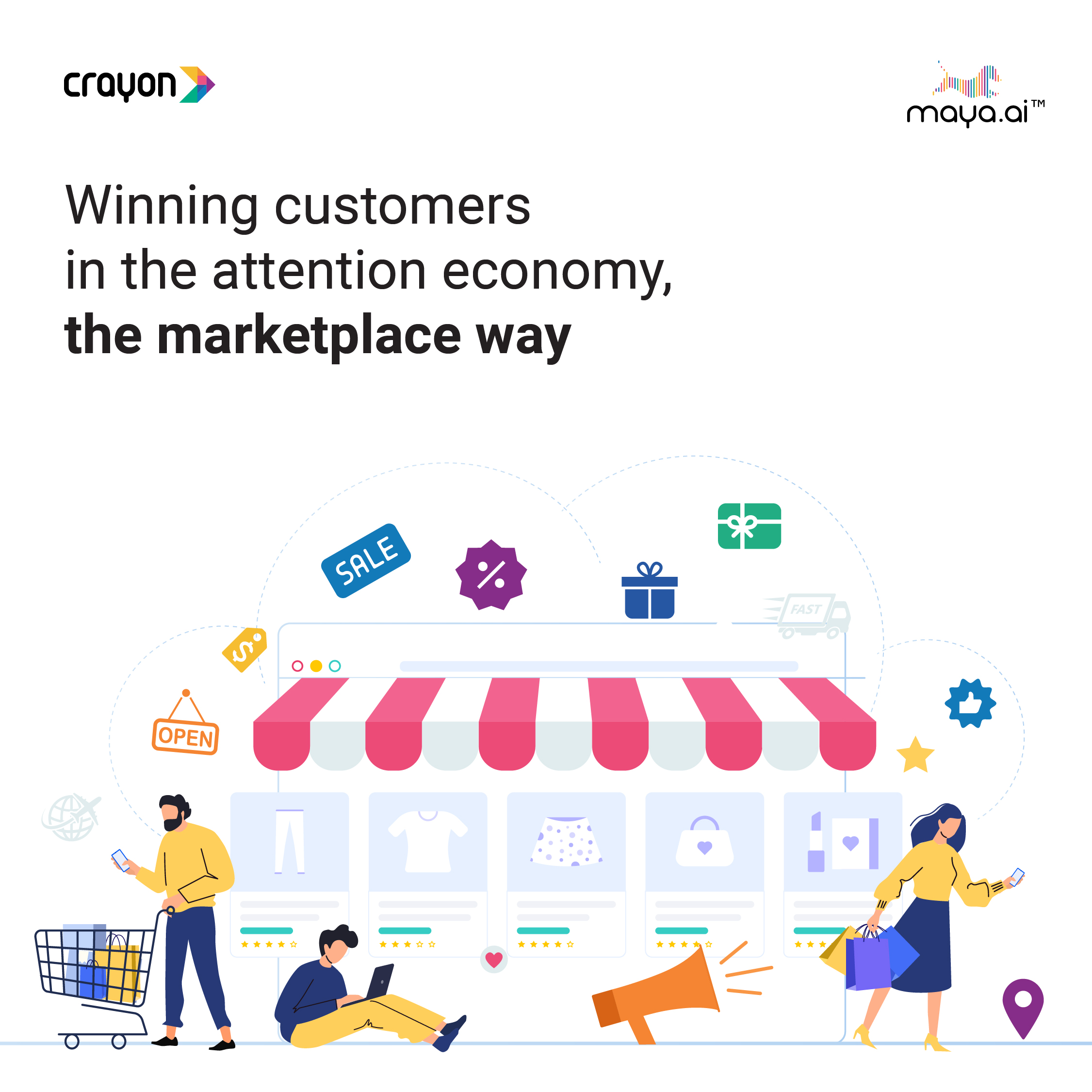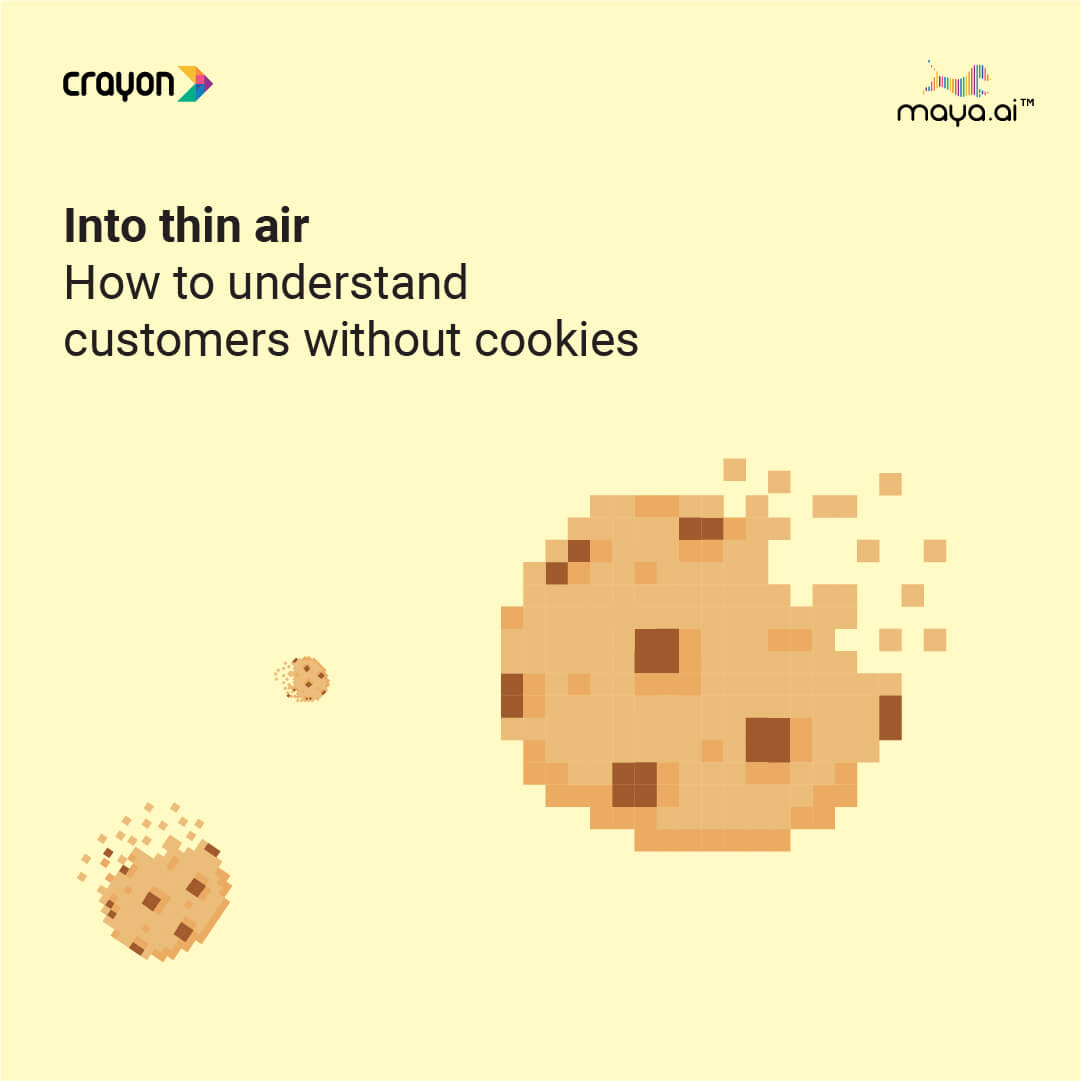Whether we know it or not, like it or not, our lives have been taken over by algorithms. In this podcast, founder and CEO of Crayon Data, Suresh Shankar, attempts to demystify the age of the algorithm. Join him on his podcast, Slaves to the Algo as he talks to leading professionals in their fields to understand how they are using or being used, by algorithms in their personal and professional lives. Each episode talks about how businesses can leverage the power of data in their strategy, to stay relevant in this new age of AI. Listen and subscribe to the podcast on YouTube, Apple Podcasts, Spotify, and Google Podcasts.
Episode 1: Feed the Algo, Grow your Audience: Digital Marketing with Eric Siu
Gamer turned marketing leader, podcaster and influencer Eric Siu discusses the importance of establishing strong values, maintaining relationships, and producing high-quality content in the data-driven world of digital marketing. Kicking off this episode, Eric talks us through some of his key learnings as a digital marketing guru and what has helped him turn his ventures into the successes they are, from his experience rescuing and growing Single Grain to authoring Leveling Up. Switching gears to the digital marketing industry, Eric shares that there is no shortage of channels to market yourself or your company, so it is all about focusing on the right metrics, and the growth will achieve itself. We wrapped up a fascinating conversation by gaining an insight into Eric’s plans for “leveling up” and where he sees both himself and the future of the digital marketing industry headed.
Episode 2: How to Build Consumer Trust? Less is More: Credit and Payments with Valerie Wagoner
Entrepreneur, leading technology professional, and Chief Growth Officer of GoPay Valerie Wagoner joins us to talk about how AI is transforming various subsectors of financial services. With over two decades of experience in not just products, but tech company launches, Valerie emphasized the importance of building trust with consumers and staying true to the product experience even as data drives the decision-making process. In the first half of an eye-opening conversation, Valerie details her work at Credit Karma and how the company successfully unpacked the “black-box” that is central to the life of every American consumer: their credit score. Valerie then discusses the main theme of the age of relevance in the context of digital wallets and payments, which is that less choice = more value. The key to retaining users for all digital service providers, whether in retail or finance, is good, relevant suggestions. We ended this intriguing exchange of ideas with Valerie’s thoughts on some of the big changes she believes or hopes that AI will bring to the future of not just bits, but atoms businesses as well.
Episode 3: Data Literacy: The Key to Surviving 2030 | EdTech & AI with David Shrier
Futurist, author, entrepreneur, and educator David Shrier talks us through the evolution of AI, the development of the EdTech industry, and the importance of data-driven innovation across all sectors in this episode. Drawing on his first job as a builder of data systems for financial services companies, David chronicles the journey of big data, and how it went from being in the background 20 years ago to the forefront of powering organic growth for Fortune 1000 companies today. As a Professor of Practice at Imperial College Business School and the Co-Founder of Esme Learning, David then discussed challenges and opportunities in the EdTech industry, particularly when it comes to delivering a unique, valuable educational experience with high completion rates. David also touched-upon the critical issue of gender diversity and representation, highlighting statistics that show a 40-60 male: female ratio creates the most successful outcomes for businesses. The big takeaways from David’s refreshing insights are that people don’t buy technologies, they buy solutions to problems and that data literacy is the next decade’s skill for survival.
Episode 4: Innovation for Impact: Powering the Scottish Economy with Data and AI | Gillian Docherty OBE
Computer-scientist and business leader Gillian Docherty joined us to talk about how data and AI can transform outcomes across multiple sectors for an entire country: Scotland. Appointed an Officer of the British Empire in 2019 in recognition of her contributions to technology, Gillian founded the Data Lab, Scotland’s Innovation Center for data and AI in 2013. Gillian began by describing the incredible strides AI has made in healthcare and well-being, from detecting dehydration in homes for the elderly to improving remote communication between patients and doctors. Gillian then highlighted how data helps plug gaps in societies and economies. The Data Lab is doing so through its own Master’s program and by funding students to pursue their Master’s degrees in specialized fields where businesses and industries have identified a significant gap in skills and knowledge. Gillian also touched on privacy and the importance of regulation, citing the Data Lab’s collaboration with the Scottish government and its network of companies and councils to create a framework focused on developing ethical AI. A member of the utopian camp, Gillian ended a great conversation on a hopeful note: that we are all building a future our children can look forward to enjoying.
Episode 5: Revamping Healthcare Through Human-AI Collaboration | MedTech with Sandeep Reddy
We caught up with Sandeep Reddy, doctor, medical informatician, AI specialist, and founder of Medi-AI. Sandeep outlined the advances that AI is making in the three critical stages of healthcare: diagnosis, prognosis, and treatment. AI is transforming medical imaging interpretation, improving the accuracy of monitoring a patient’s condition, and formulating the best possible treatment plans by synthesizing a wealth of data. Then, Sandeep highlighted the critical role that AI is playing in early medical interventions and preventative care. Whether it is applications that offer recommendations for healthy diets to coaching and counseling from virtual health assistants, AI can help create what is known as a “continuous care” model. Lastly, Sandeep also talked about how natural language processing (NLP) has enhanced both patient care and medical research ten-fold. Not only has NLP transcribed conversations with their patients so doctors spend less time taking notes, summarized and synthesized tens of thousands of articles and papers to aid researchers. As the American Medical Association puts it, in healthcare, AI should be referred to as “augmented intelligence:” enhancing clinical care through the collaboration between humans and technology.
Episode 6: Unpacking the Most Complex Consumer Decision| Travel-Tech with Mieke De Schepper
EVP, Managing Director APAC, and all-around Travel-Tech expert Mieke De Schepper joined us to talk about predicting traveler’s needs, improving operations, and personalizing the travel experience. In the first half of this episode, Mieke deconstructed the search engines and ad functions on websites such as Expedia and Booking.com. She highlighted how critical it is for companies to get the top five search results right, as consumers tend not to look beyond the first page. Drawing on her personal and professional experience, Mieke discussed the countless ways in which travel-related companies use data. From understanding traveler profiles i.e. whether they’re traveling for work or leisure to reducing delays at major airports. We ended this episode by looking into the hospitality industry. While data can play a huge role in hotels serving their customers better, the importance of a “human touch,” will likely never fade away.
Episode 7: Pushing The Boundaries: The Future of Fintech | Finance & AI with Greg Palmer
In this episode, Suresh talked all-things-FinTech with Greg Palmer: columnist, podcaster, and Vice President of the Finovate Group. In the first half of what turned out to be a fascinating overview of some of the latest trends and innovations in the FinTech industry, Greg spoke about how prioritizing customer preferences has been front and center of almost every new FinTech venture that he has seen. In addition to that, he believes that one of the key points where FinTechs are starting to diverge from more traditional financial services companies is social responsibility: they are addressing challenges in the financial system from both a business standpoint and a social standpoint. In the latter half of the discussion, Greg dove deeper into a few specific trends that we see in today’s FinTech landscape. He touched on how peer-to-peer payment providers need to differentiate themselves to gain “functional loyalty” from consumers, the high cost of storing data, the need for credit-scoring to undergo a massive transformation, and the use of AI to measure ESG standards. Last but not least, Greg predicts that AI will underpin nearly every organization’s process – FinTech or not – over the next few years
Episode 8: Using AI to Build Relationships, Not Transactions | Investing with Peng T. Ong
Four-time highly successful entrepreneur, “algonaut,” and one of the earliest leaders of AI Peng Ong discusses the evolution of technology in multiple spheres in this episode of Slaves to the Algo. In the first half of a deeply insightful conversation, Peng talked about the match-making algorithm (00:04:05) based on his experience as the co-founder of Match.Com, how modern-day systems can evolve to build trust among consumers (00:13:14) and his journey from founding and exiting three very different companies to becoming a venture-capitalist with Monk’s Hill (00:17:45). In the latter half of the episode, speaking from his position as an investor, Peng detailed how today’s startups differentiate themselves by focusing on establishing relationships with consumers, not transactions (00:24:33). Peng also described how Monk’s Hill is resolving returns while vying for long-term success in its portfolio (00:30:15) and shared his views on creating value from your bits even if your business is highly atomized (00:33:31). Finally, Peng wrapped up by predicting that while AI will drive productivity through the roof and perhaps lead to fewer jobs, its evolution can also address the massive challenge of climate change
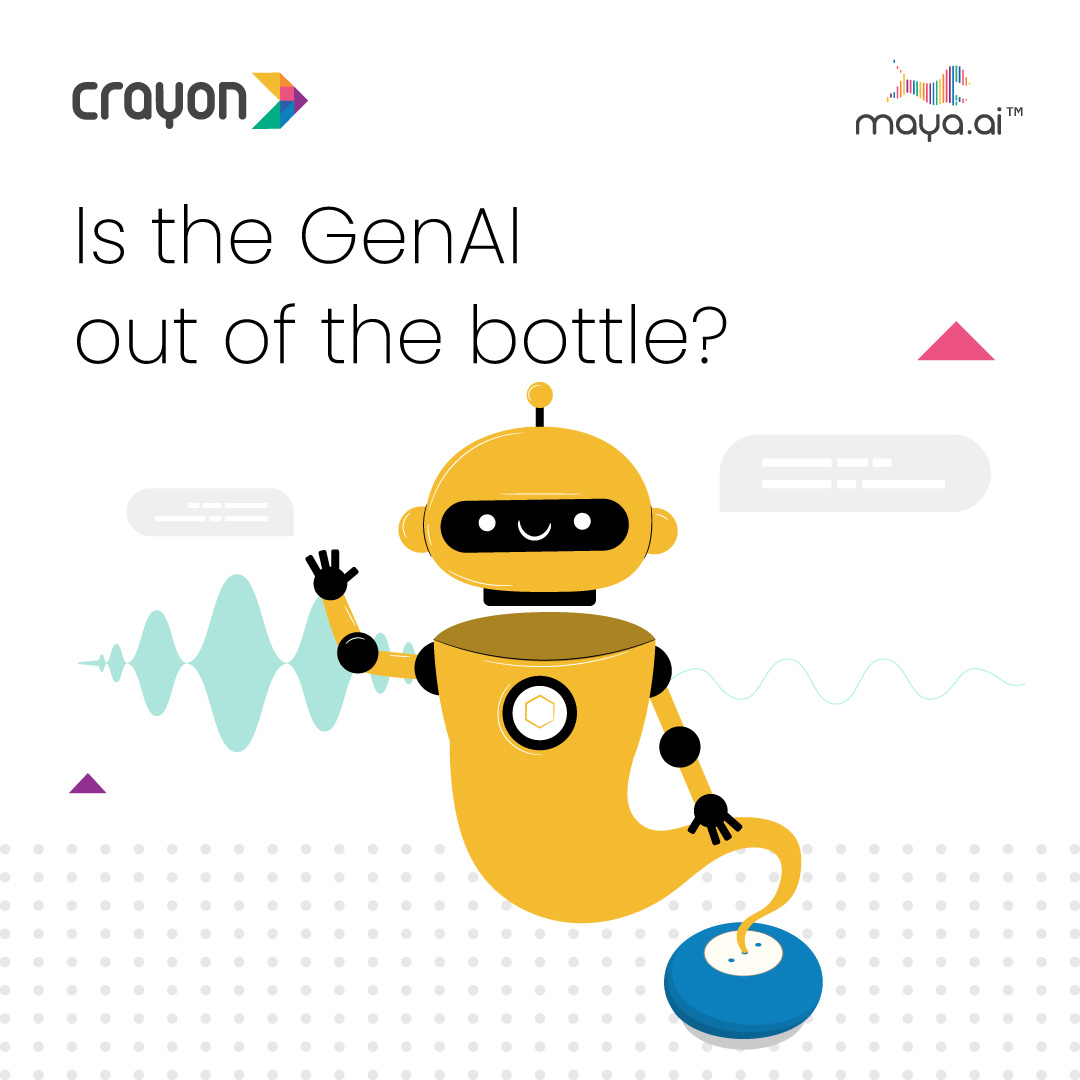
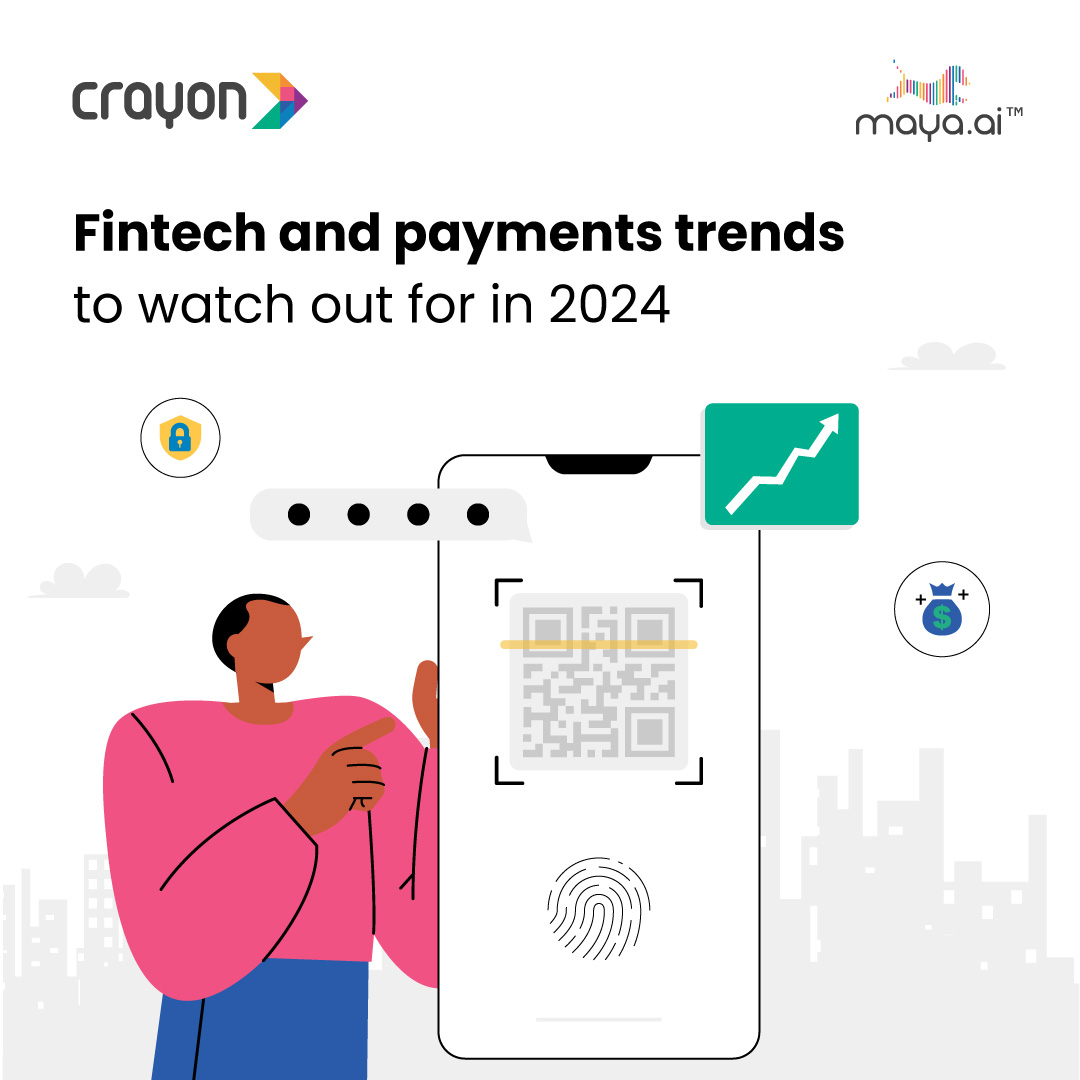
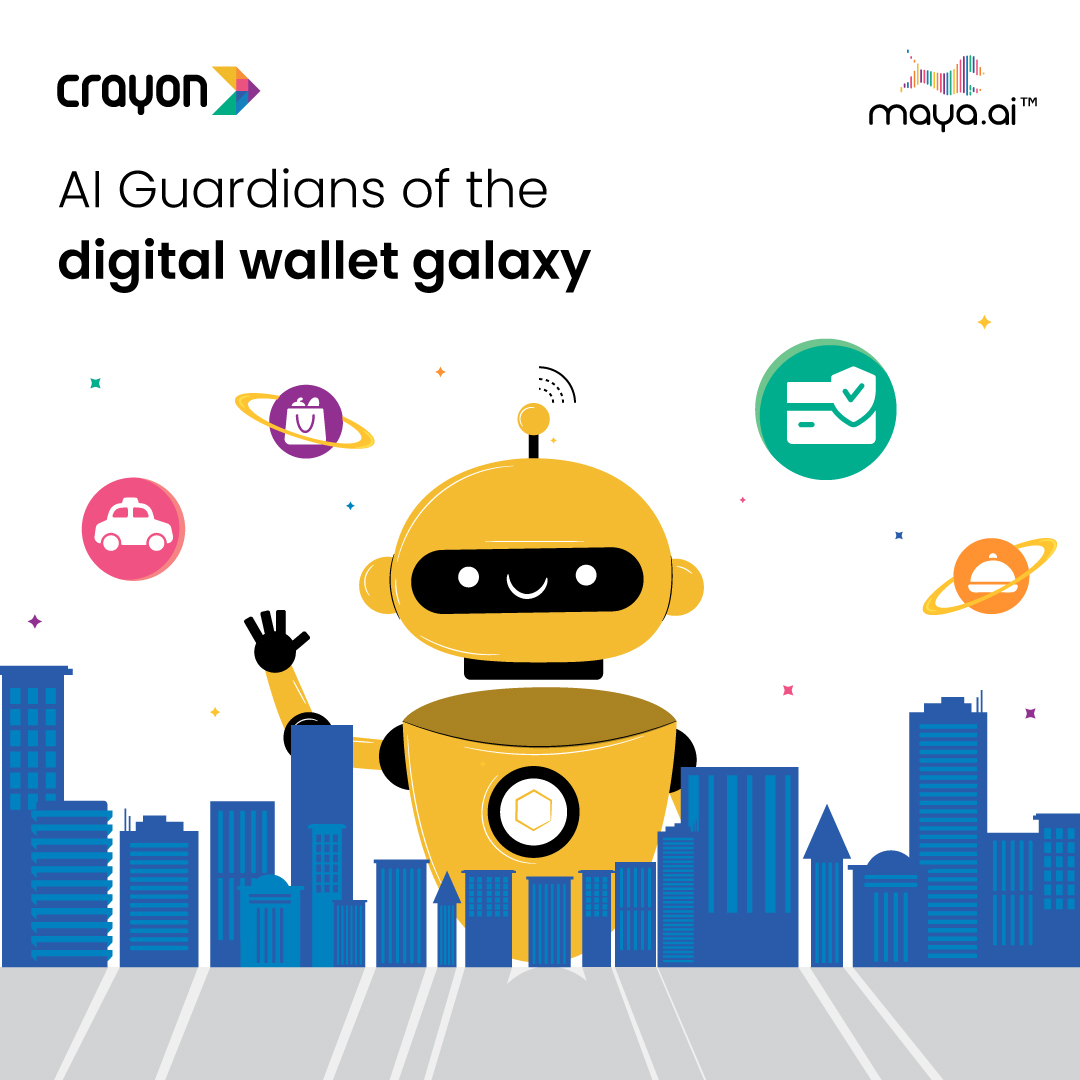
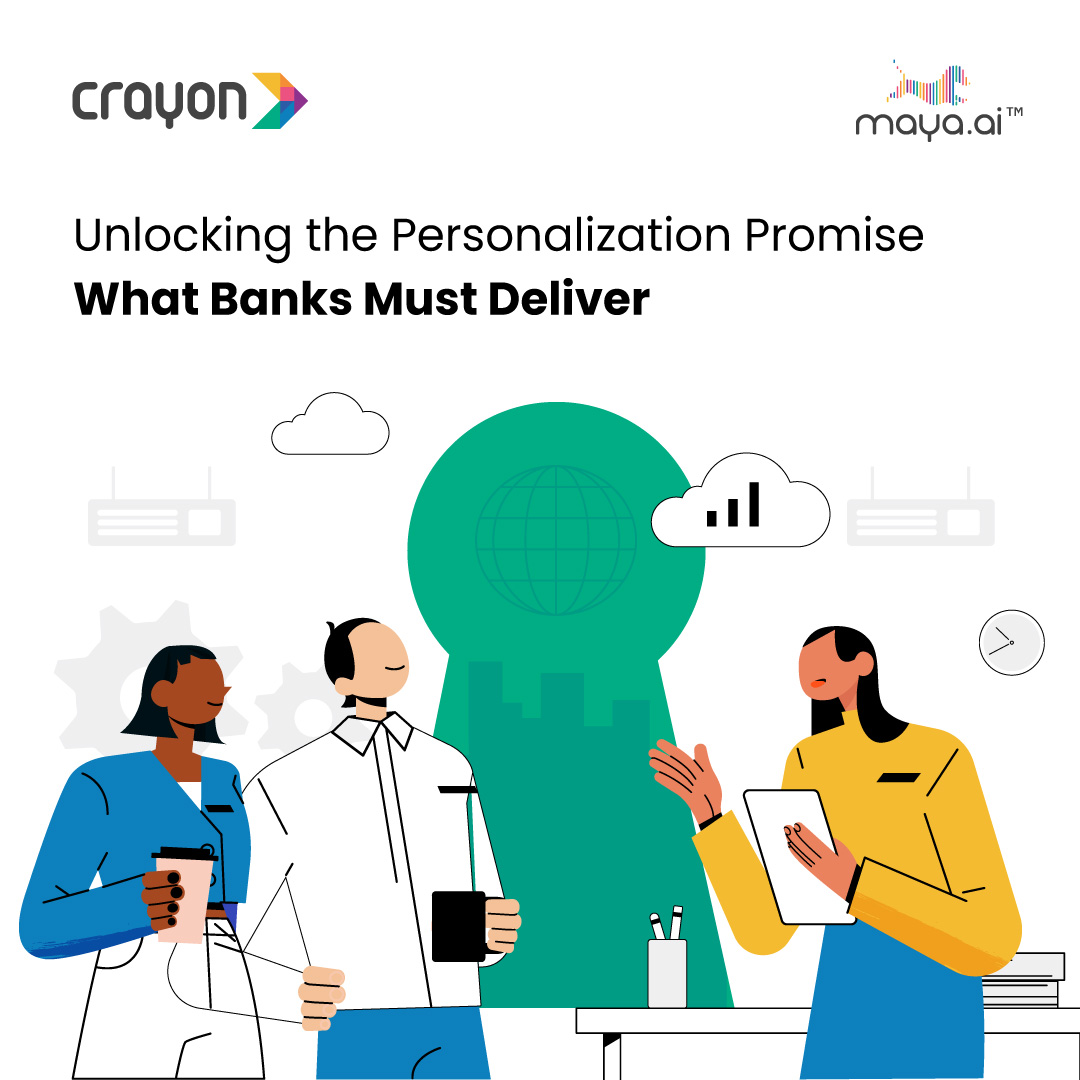

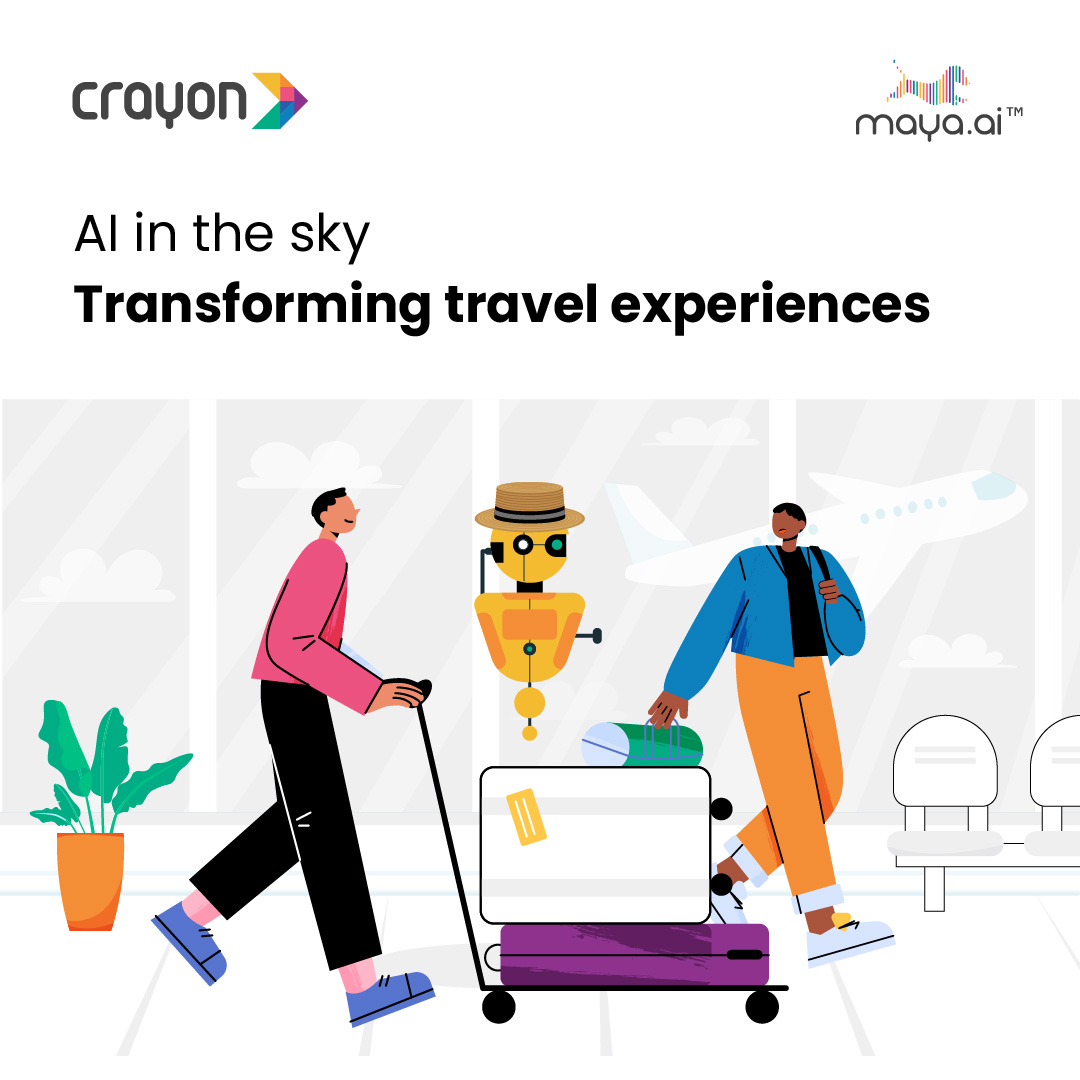
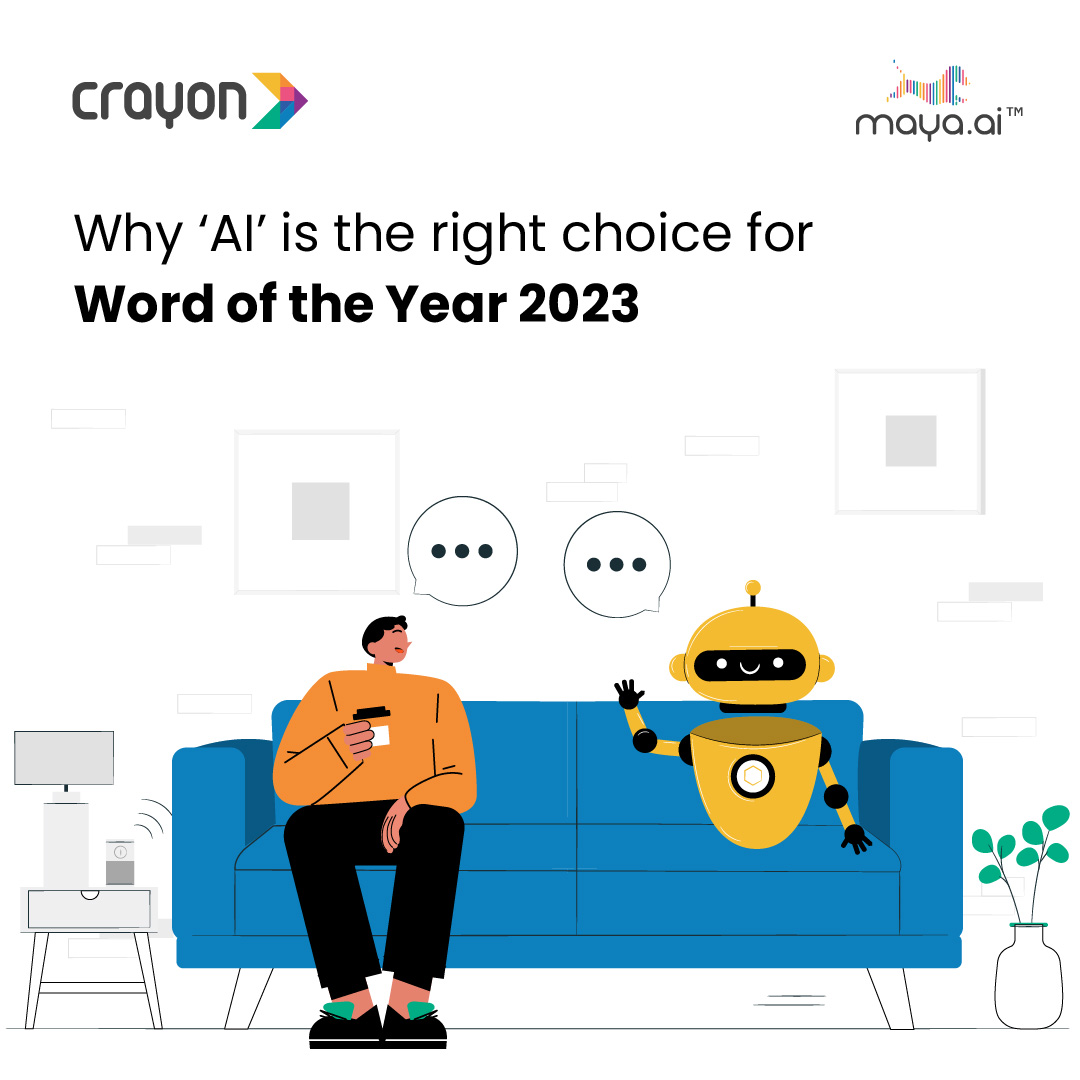
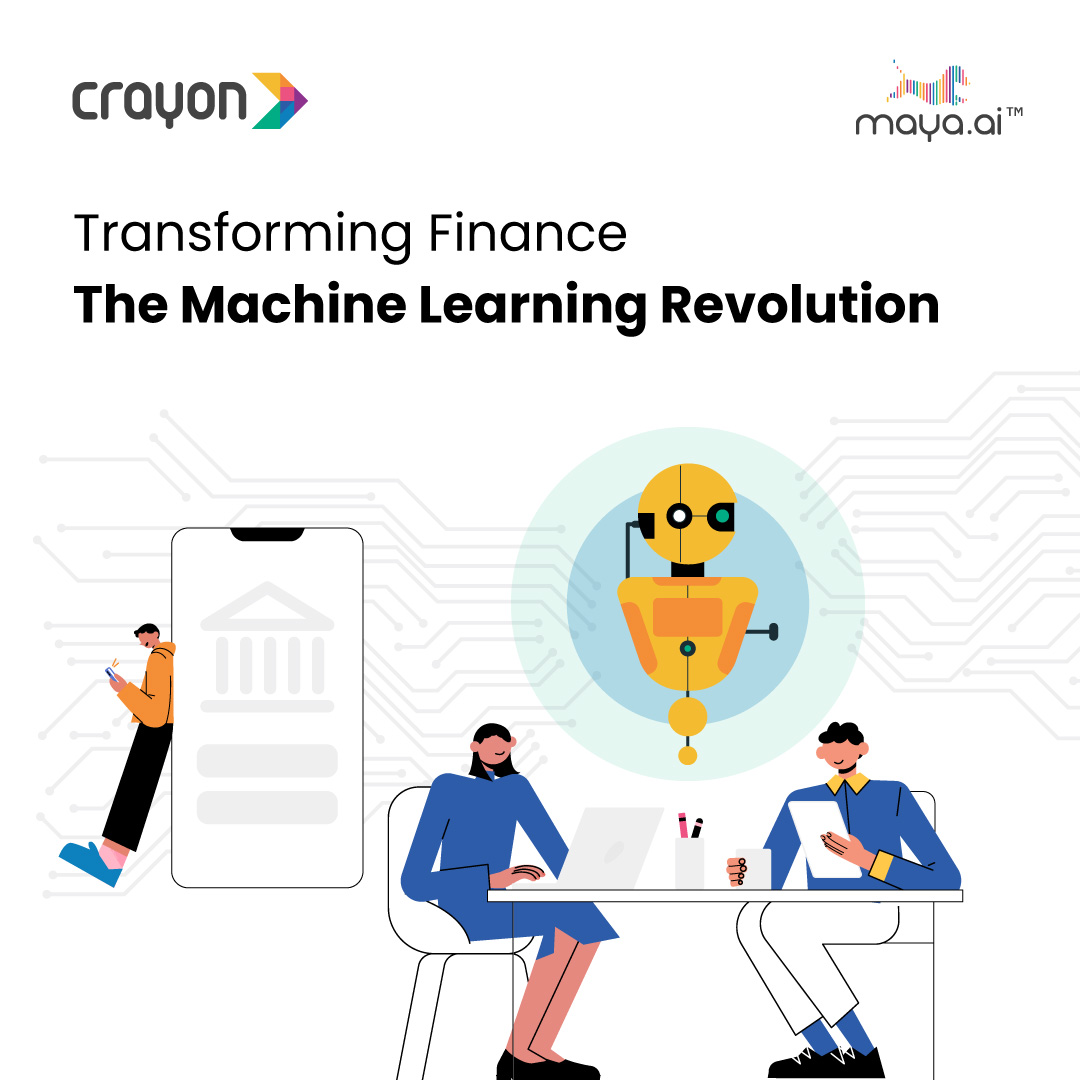
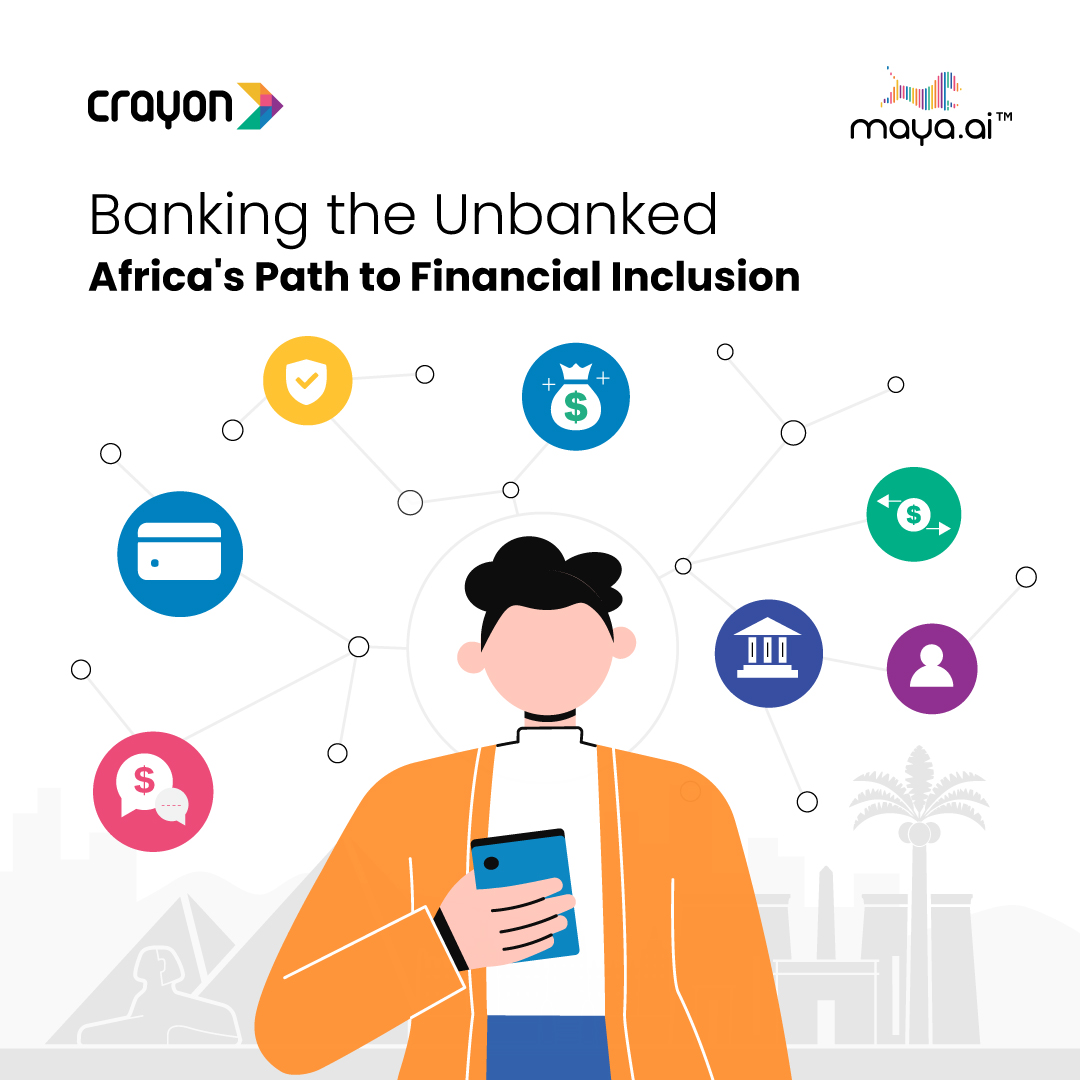

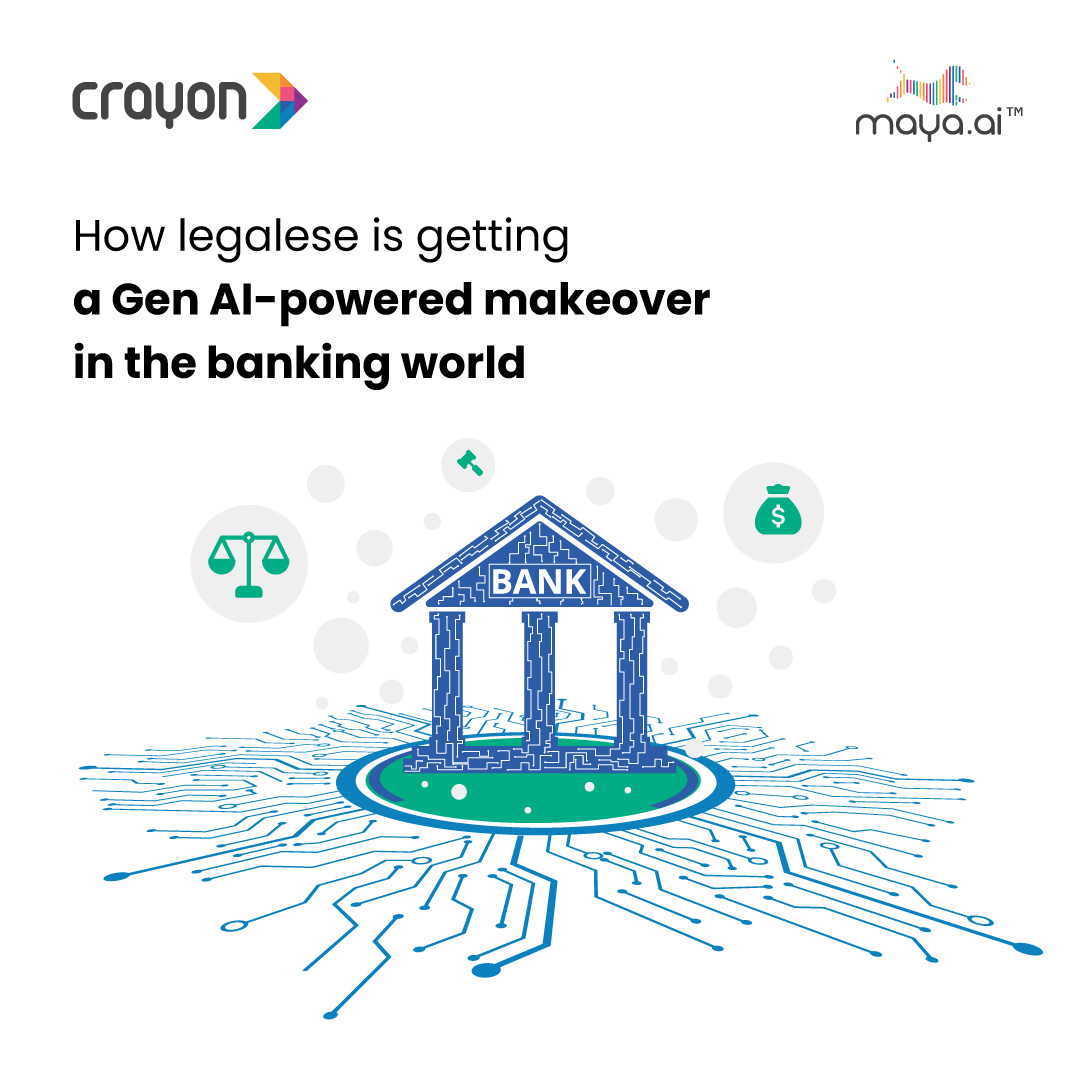

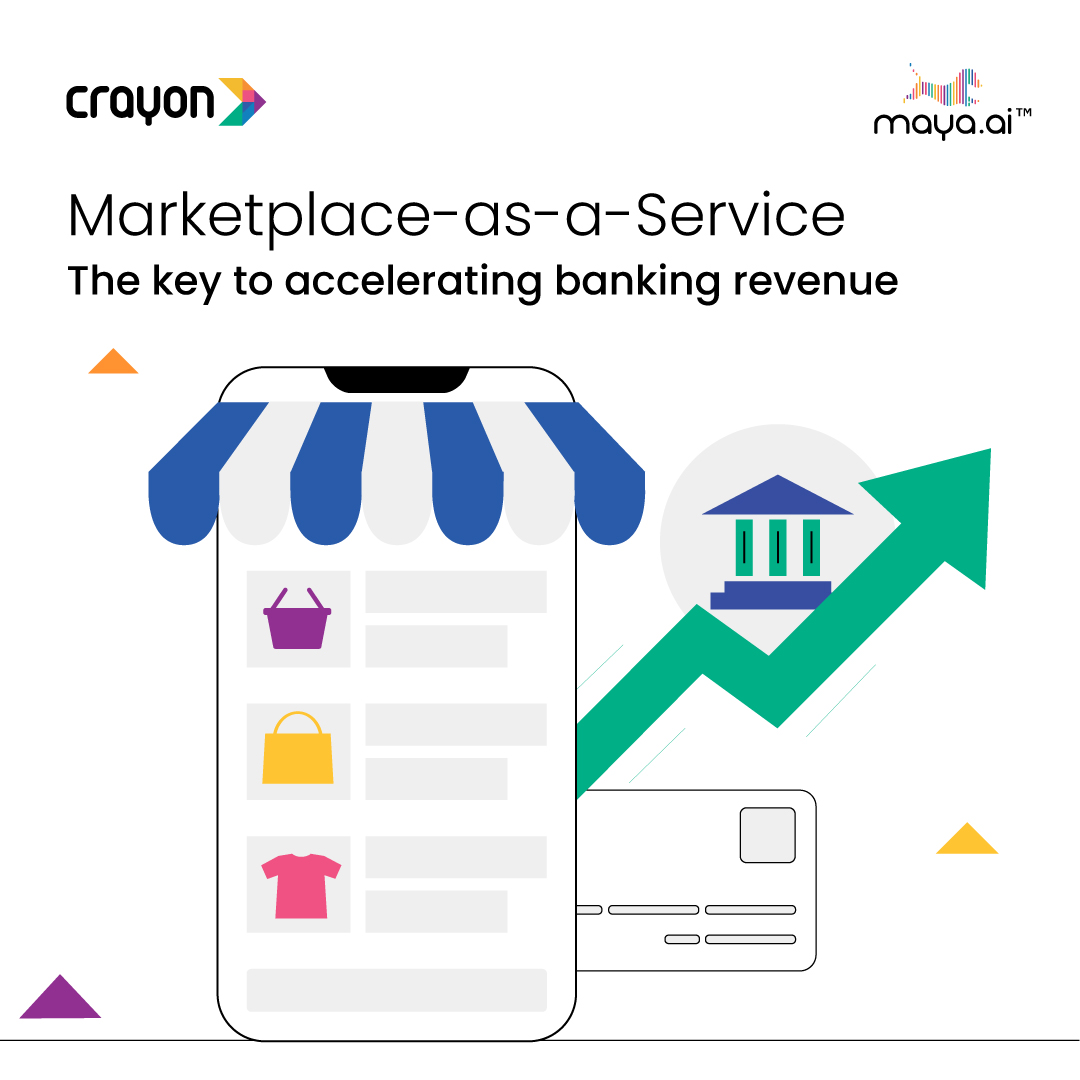
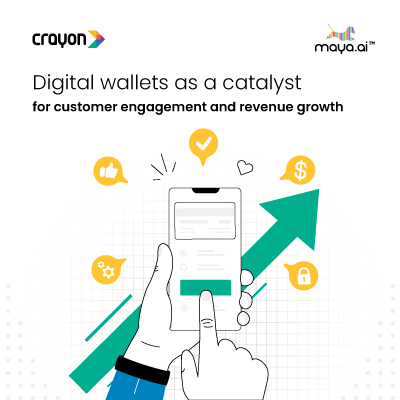

![Slaves to the Algo: AI podcast by Suresh Shankar [Season 1]](https://crayondata.ai/wp-content/uploads/2023/07/AI-podcast-by-Suresh-Shankar.jpg)
